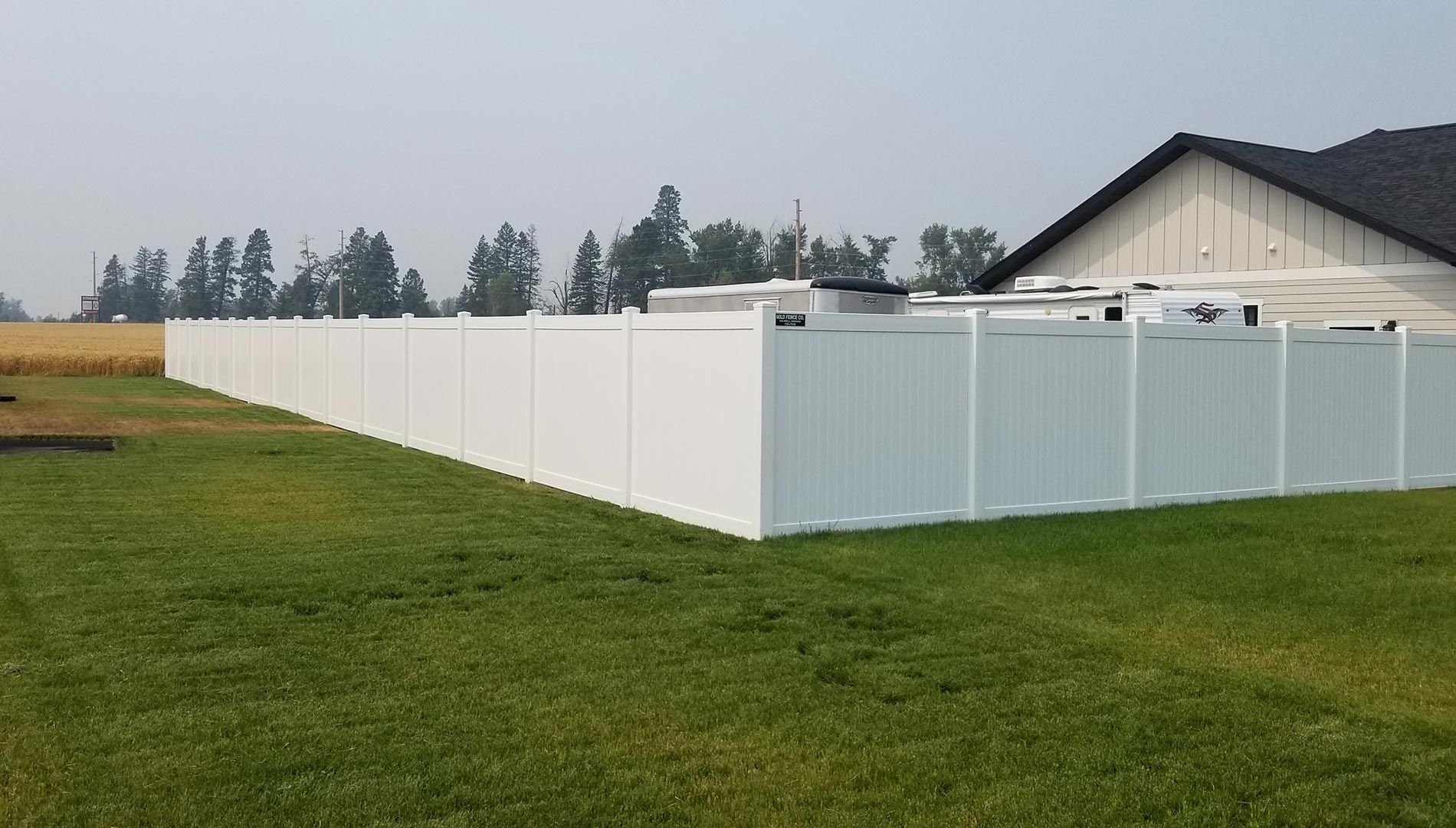You don’t need a professional to keep your fence in great shape. With the right equipment and some basic knowledge, you can easily handle common fence problems on your own. Here’s how to do basic fence maintenance yourself.
Tools You Need for Basic Fence Upkeep
To get started with fence repairs, gather the necessary tools. Below is a list of must-haves for most basic fence maintenance tasks:
- Hammer – Ideal for fixing loose nails or damaged boards
- Screwdriver – Ideal for tightening screws on wooden or metal fences
- Post Level – Ensures your fence posts stay perfectly vertical
- Paint or Stain – Using paint or stain protects wood from the elements and prolongs its lifespan.
- Wire Cutters – Useful for trimming wire fences or cutting away tangled vines
Step-by-Step Fence Repair Guide
Fixing a Loose Board
A loose or broken board is an easy fix with the right tools. Here’s a step-by-step guide to help you repair it:
- Use a hammer or screwdriver to remove any loose nails or screws.
- Align the board with the rest of the fence and secure it with new nails or screws.
- If needed, reinforce the board with a corner bracket or additional support.
How to Stain and Seal Wooden Fences
To protect your wooden fence and maintain its appearance, staining or sealing is essential:
- Start by cleaning the fence well to remove any dirt, debris, and mildew.
- Pick a stain or sealant that is designed for outdoor use.
- Use a brush or sprayer to apply the stain, starting from the top and working your way down.
- Allow it to dry completely before putting the fence back to use.
How to Know When to Call in a Pro
Some fence issues go beyond DIY repairs. While simple tasks like tightening screws or replacing damaged boards are easy, complex problems might need expert attention:
- Extensive structural damage, such as leaning posts or a sagging fence.
- Electric fences or high-security fences that need specialized skills.
- When weather damage compromises the fence’s structure, it’s best to get professional assistance.
If you're unsure whether your repair is beyond your skill level, it's always better to call a pro. It can save you time, money, and potential frustration in the long run.
